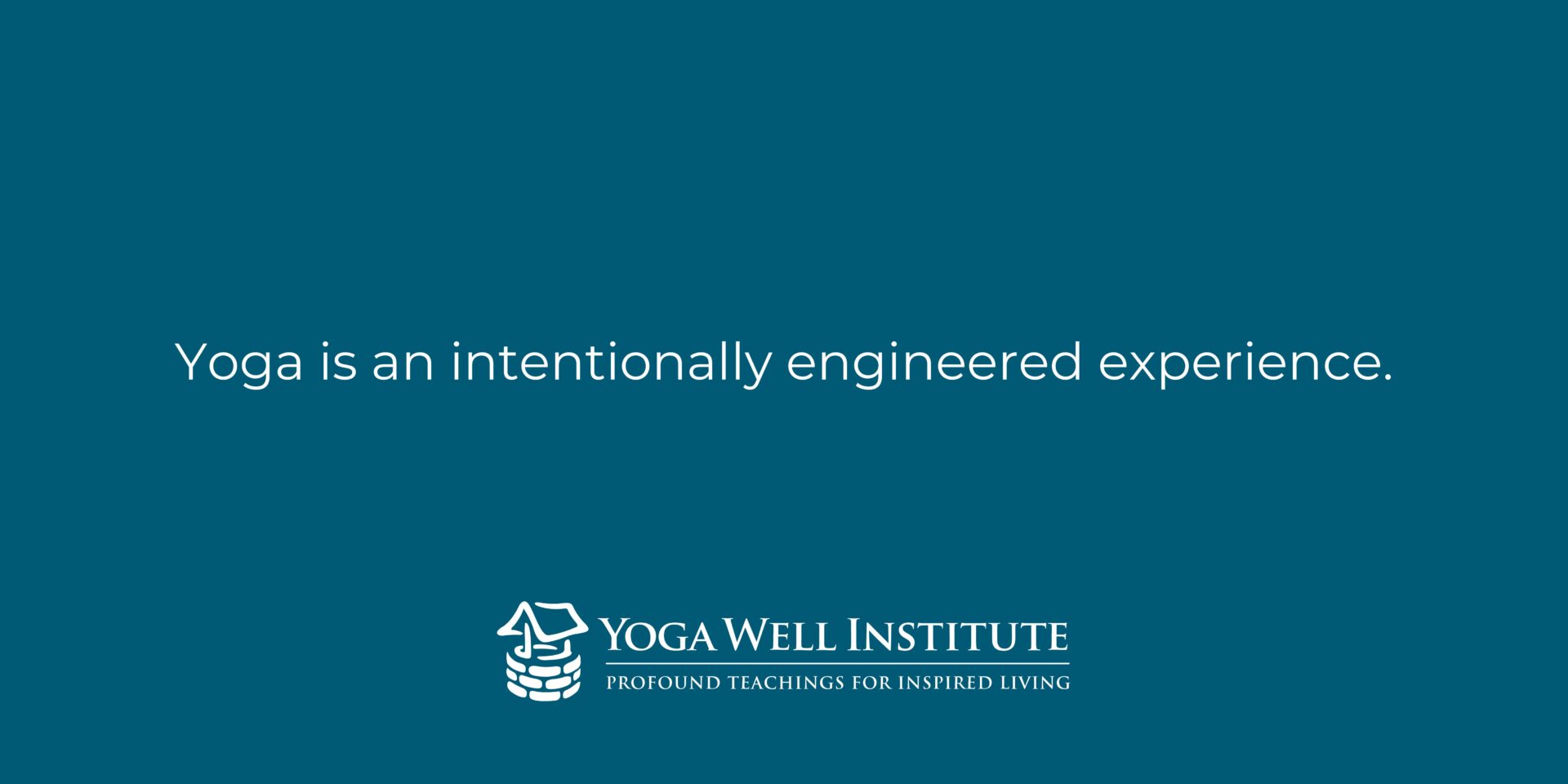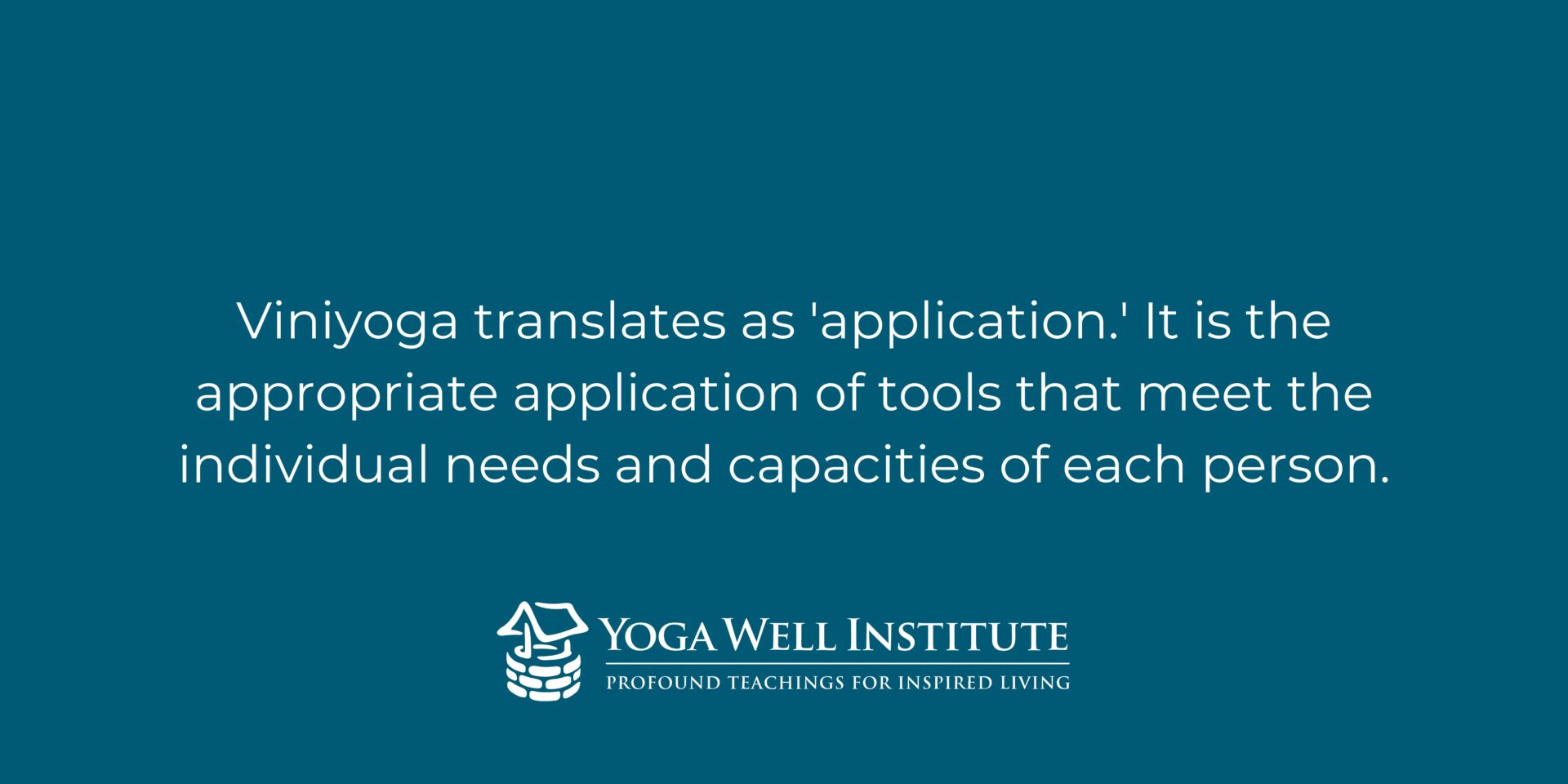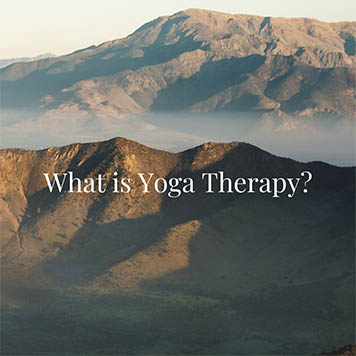There is a common misconception in North America that Yoga is a great workout, and that Yoga instructors are incredibly fit. By contrast, the traditional focus of Yoga in India has always been the mind. This takes people by surprise: ‘But a Yoga class is so active!’
Sure! But where is the mind located? At the very least, the mind is seeded in our bodies, so naturally, our bodies are related to mind.
In fact, if we look at the textual record in India going back some 2,000 years, the primary interests of Yoga have been meditation and conscious breathing. Physical movements of the body are mentioned, but they are mostly viewed as preparation for meditation or breathing. How western perception became so oriented around physical movements is a topic for another day.
Our intention here is to shine a light on the full breadth of Yoga, including the physical activity, because what our current culture thinks of as Yoga is only one slice of a much bigger pie.
So, what is Yoga?
As an initial step, Yoga is a practice interested in the optimal functioning of every part of the human system – body, breath, mind, personality, emotions —and as a whole. This list, of course, includes physical activity, but it also extends far beyond that. It is fair to say that Yoga’s initial goals involve bringing the different aspects of the human system back into their original balance, or something close to it.
How does Yoga develop balance?
Through experience.
In fact, Yoga is a sort of science of experience. For example, when we’re in a cold room, our body eventually shivers. The functioning of our mind changes too when we’re cold. Step outside of the air conditioning where it’s hot, and our body and mind change as well. We literally feel, act and think differently when we’re in different situations, i.e. having different experiences. And the impact lasts, it continues to affect us, even after the experience is over. This is the actual realm of Yoga’s interest; the ways that experiences influence the functioning of our bodies and minds, etc.
Yoga as Experience

Yoga is an intentionally engineered experience. It is a set of principles for creating experiences that influence how we feel, act, think, etc., in certain intended ways. The most obvious example of this is a Yoga class. In a Yoga class, we ask our body to do things it doesn’t usually do. That causes us to feel different. Different styles of Yoga tend to create different experiences. A restorative class is very soft and slow. A power vinyasa class tends to be very fast and effortful. They have different influences on the way our system functions. Yoga actually expands this to every experience possible.
Another example is in the realm of breathing. Is our exhale longer than our inhale? Are we pausing after exhale or inhale? These are different experiences and the body, mind, etc. responds differently to them. It’s the same with meditation. Are we putting our attention on a mountain, or on the sky? Or on Christ? Or no thoughts at all? They all generate different experiences, with different effects and uses.
So, what is Yoga?
Well, one answer is equanimity or balance. Another answer is Yoga is a science of intentionally engineered experience. And there are many more answers, too. The lineage of Yoga we teach at the Yoga Well Institute is called Viniyoga which literally translates as “application”. Our focus is on choosing the technique that is most appropriate to each individual’s circumstance and situation.

Looking for more?
To hear more fresh perspectives on what Yoga is, how it transforms the body and mind, and liberates your life tune into the Yoga Well Podcast! Within the Yoga Well Podcast we will share teachings from the Viniyoga lineage of Mr. TKV Desikachar, while exploring Yoga as a way of being that is practiced both on the mat and in our everyday life.




